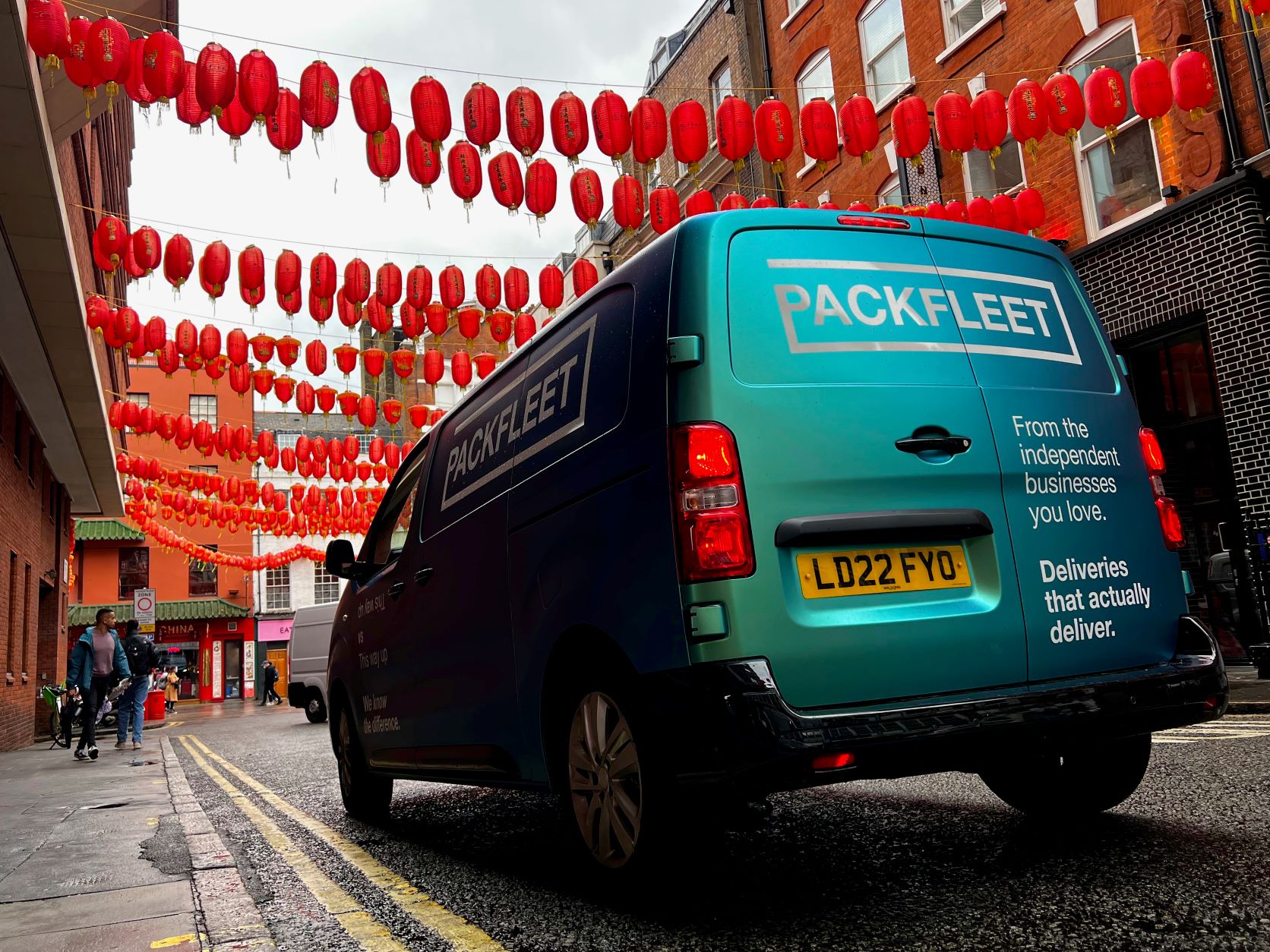A team from Collett & Sons has successfully delivered an 80-tonne transformer from Lancashire to the Harting Rig Wind Farm substation in Scotland. Appointed by Fracht UK, Collett was tasked with providing a transport solution to deliver the heavy cargo the 230 miles from Goole to South Lanarkshire. But what would normally have been a relatively straightforward journey for the experts from Collett was complicated just three miles shy of the wind farm site in the shape of Glassford Bridge.
Identified in the planning process, weight restrictions were in place on the structure, resulting in limitations to the vehicles and cargoes crossing the bridge. The loaded trailer and truck combination would have exceeded the structure’s maximum permitted weights, therefore a new approach would be required.
Alongside the weight limitations, Collett was also required to observe a maximum speed of 10mph and ensure that no other traffic or pedestrians would be present on the bridge during the transport operation. In addition, all vehicles must follow a three-metre strip of the bridge, with a series of cat’s eye markers in place to ensure each vehicle maintained a set alignment throughout.
With all this identified, Collett executed innovative transport arrangements to overcome these obstacles. Arriving at Glassford Bridge, the process began by uncoupling the loaded trailer from the 8×4 MAN TGX tractor unit. Once disconnected, two 40m wire cables were attached, connecting the trailer and primary ballast truck. A secondary 8×4 ballast unit was then connected at the rear of the trailer, again using 40m wire cables.
The extended combination was then ready to go. Having implemented Temporary Traffic Restriction Orders, the lights on the bridge were turned to red and the team from Collett was able to proceed. With all other traffic restricted, the secondary ballast tractor reversed and the primary drove forward. This tensioned the cable, removing any slack, then both vehicles began the slow drive forward.
Controlling the cable tensioning throughout, the primary tractor unit cleared the structure, followed by the trailer, transformer and Steersman in tow. With the ability to control the trailer’s steering and braking, Collett’s Steersman ensured that the trailer and cargo remained within the necessary alignment whilst traversing the structure.
Once clear of the bridge, and with the trailer brake applied, the secondary ballast unit took up the cable stack and crossed Glassford Bridge to complete the operation.
With the wire cables removed and the primary tractor unit re-coupled, the 80-tonne transformer completed the remaining three miles of the journey to Harting Rig Wind Farm. On arrival, the cargo was met by Collett’s Heavy Lift Team for jacking and skidding to its final position.#




